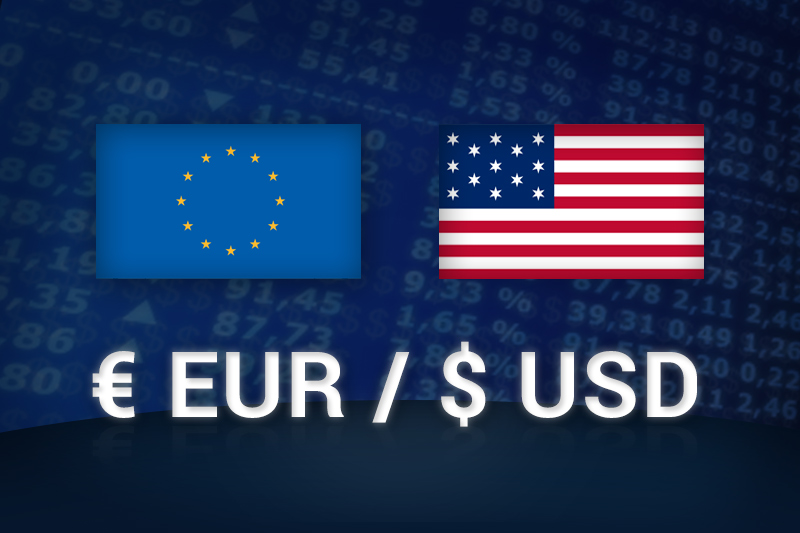Investing.com - The euro came off session highs against the U.S. dollar in choppy trade on Wednesday, after Germany’s government cut growth forecasts for this year, but the single currency remained supported following remarks by a senior European Central Bank policymaker.
EUR/USD pulled away from 1.3325, the session high, to hit 1.3271 during European afternoon trade, down 0.25%.
The pair was likely to find support at 1.3247, the low of January 11 and resistance at 1.3392, Tuesday’s high and an almost 11-month high.
The euro gave up gains against the dollar after Germany’s Economy Ministry said that the economy will grow just 0.4% in 2013, down from its previous forecast for 1% growth. It said growth would recover in 2014, rising to 1.6%.
The announcement came after preliminary data on Tuesday showed that the German economy contracted 0.5% in the fourth quarter.
On Tuesday, the World Bank cut its forecast for global growth to 2.4% this year from 3% in June and warned that developing nations would struggle in 2013.
But demand for the euro continued to be underpinned after ECB governing council member Ewald Nowotny said the euro exchange rate was “not a matter of major concern.”
The comments came after Jean-Claude Juncker, the head of the euro group of finance ministers, said Tuesday that the euro’s value was “dangerously high” and posed a threat to the recovery in the euro zone.
Meanwhile, data showed that consumer price inflation in the euro zone remained steady at 2.2% in December, unchanged from preliminary estimates.
The rate remains above the ECB's target of near but just below 2%.
Month-on-month, CPI rose 0.4%, above expectations for a 0.3% increase.
The euro was trading close to nine-month highs against the pound, with EUR/GBP up 0.27% to 0.8303 and remained sharply lower against the yen, with EUR/JPY dropping 0.97% to 116.98.
The U.S. was to release official data on consumer inflation and industrial production later in the trading day.
EUR/USD pulled away from 1.3325, the session high, to hit 1.3271 during European afternoon trade, down 0.25%.
The pair was likely to find support at 1.3247, the low of January 11 and resistance at 1.3392, Tuesday’s high and an almost 11-month high.
The euro gave up gains against the dollar after Germany’s Economy Ministry said that the economy will grow just 0.4% in 2013, down from its previous forecast for 1% growth. It said growth would recover in 2014, rising to 1.6%.
The announcement came after preliminary data on Tuesday showed that the German economy contracted 0.5% in the fourth quarter.
On Tuesday, the World Bank cut its forecast for global growth to 2.4% this year from 3% in June and warned that developing nations would struggle in 2013.
But demand for the euro continued to be underpinned after ECB governing council member Ewald Nowotny said the euro exchange rate was “not a matter of major concern.”
The comments came after Jean-Claude Juncker, the head of the euro group of finance ministers, said Tuesday that the euro’s value was “dangerously high” and posed a threat to the recovery in the euro zone.
Meanwhile, data showed that consumer price inflation in the euro zone remained steady at 2.2% in December, unchanged from preliminary estimates.
The rate remains above the ECB's target of near but just below 2%.
Month-on-month, CPI rose 0.4%, above expectations for a 0.3% increase.
The euro was trading close to nine-month highs against the pound, with EUR/GBP up 0.27% to 0.8303 and remained sharply lower against the yen, with EUR/JPY dropping 0.97% to 116.98.
The U.S. was to release official data on consumer inflation and industrial production later in the trading day.
